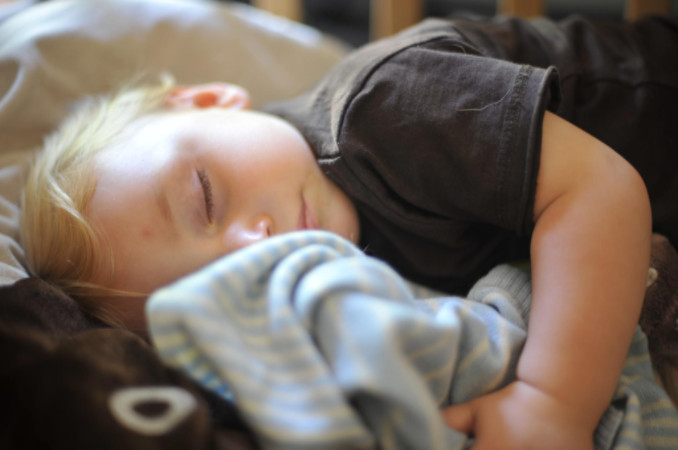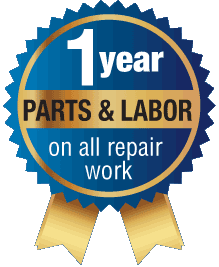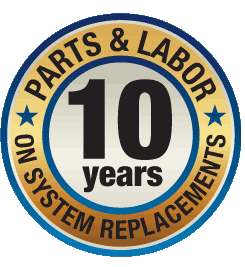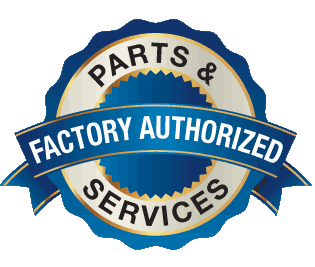
When you begin prepping your home for a new baby, there are many factors to consider. Supplies like bottles, clothes and diapers are likely high on your list, but have you thought about a whole home humidifier or dehumidifier?
Maintaining healthy humidity levels in your home is important regardless, but with a baby it becomes even more significant since dry or humid air can accelerate potential health problems. Air that’s too humid can increase the growth of mold and other allergens, while dry air can cause coughing or colds.
So how can you tell which is right for your baby?
Take a Look at Where You Live
The first step in deciding between a humidifier and dehumidifier for your baby is to take a look at the air quality where you live. Some locations have higher humidity than others. It’s also important to consider the time of year. The winter months are likely to bring much drier air than summer.
Dehumidifier or Humidifier?
As you probably know, dehumidifiers take moisture out of the air while humidifiers put more moisture back into it.
Dehumidifiers are designed to help control mold growth, bacteria and dust mites from overly humid spaces like basements. Many agree that unless your baby is sleeping in a basement room or your home is not equipped with air conditioning, a dehumidifier may not be a necessary purchase for your baby.
Humidifiers, on the other hand, put moisture into air when it’s too dry. The dry air in the winter and the constant air conditioner running in the summer can cause the air in your home to become drier than you think. Babies are more susceptible than adults to dry sinuses, dry skin, stuffy noses and other symptoms associated with low humidity. A humidifier can help your baby sleep through the night as well as avoid dry skin and respiratory problems all year long.
Read more in our “Humidifier vs. Dehumidifier” series to see which is best for nosebleeds as well as allergies and nasal congestion.
 Read reviews
Read reviews








